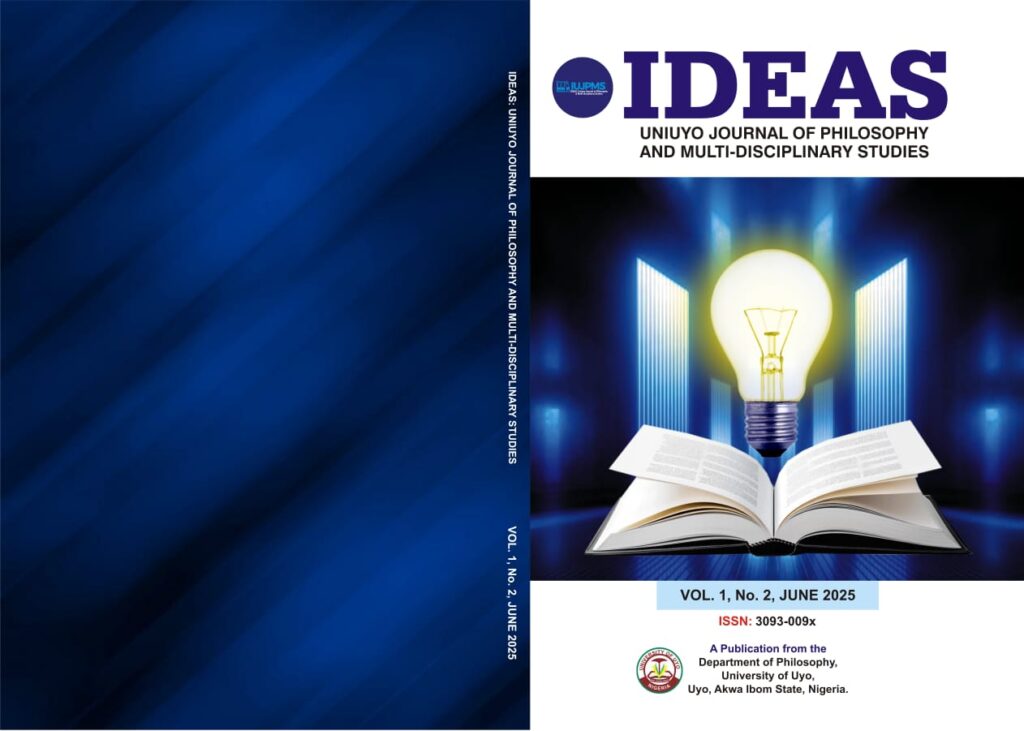Globalization has emerged as an inescapable reality in contemporary global discourse. While it is often celebrated for its multi-dimensional contributions to economic, political, and cultural development, its impact on developing countries like Nigeria remains controversial. This study explored the intricate nexus between globalization and the persistence of corruption in Nigeria, aiming to understand how global interconnectedness has influenced and intensified domestic challenges. Data were collected through secondary sources, including scholarly articles, government reports, policy documents, media publications, and international development agency reports, and analyzed using content analysis to identify recurring patterns and thematic implications. The major findings of the study revealed among others that globalization, while offering opportunities for development, has also facilitated the spread and complexity of corrupt practices in Nigeria, primarily through its interaction with the structural and institutional weaknesses of the state. These weaknesses manifested in the government’s inability to ensure accountable leadership and in the lack of meaningful citizen participation and empowerment. Furthermore, the study found that globalization has contributed to the erosion of traditional values, especially among Nigerian youth, encouraging behaviors such as drug abuse, armed robbery, internet fraud, and sexual practices considered alien to local cultural norms. Economically, globalization has failed to bridge the divide between wealthy Western nations and poorer countries in the Global South, instead widening existing inequalities and reinforcing Nigeria’s marginalization in the global economic system. Consequently, based on the findings, the study recommended strengthening national institutions to promote accountability, fostering transboundary cooperation to address cross-border corruption, initiating public re-education to restore ethical values, encouraging inclusive governance through civic participation, and promoting cultural preservation in schools and media to counteract the psychological and cultural consequences of globalization.
Written by:
Dr Ekpo Imoh Ekpo
School of Maritime Transport Studies
Maritime Academy of Nigeria, Oron.
Email: Imohekpo48@yahoo.com
Dr Victor Akan Ekereke
Political Science Department.
University of Uyo, Uyo.
Email: victorakan10@gmail.com

